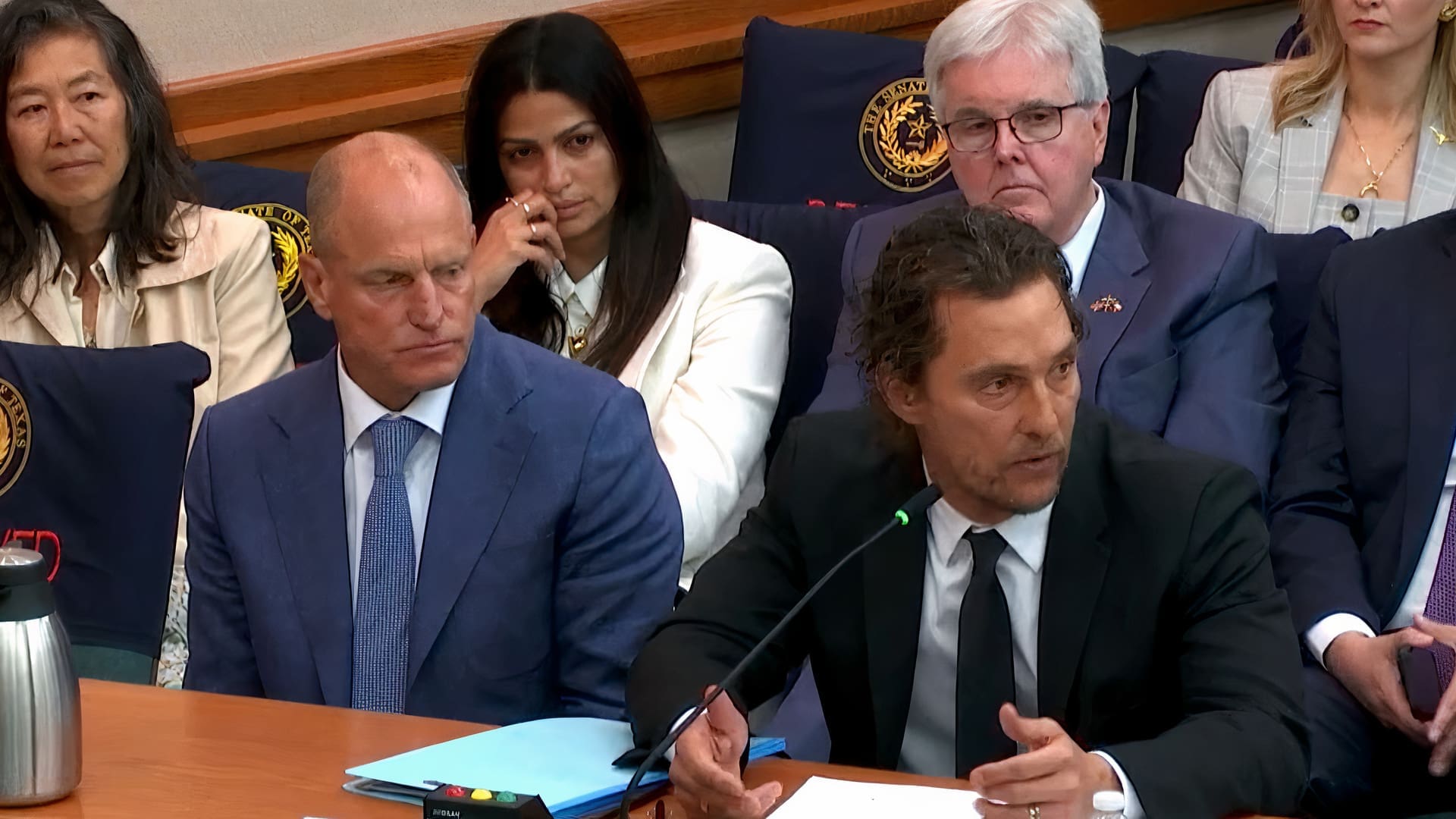TTexas lawmakers on the Senate Committee on Finance are considering giving the film industry $2.5 billion over the next decade.
Senate Bill 22, filed by State Sen. Joan Huffman (R-Houston), would keep the existing film industry handouts, which have been criticized as a form of corporate welfare, under the governor’s control and create a new fund to incentivize investments.
The fund would receive $500 million every two years over the next decade, amounting to $2.5 billion by the 2034-2035 biennium. After that, the fund would end unless reapproved by lawmakers.
“Texas has created a strong infrastructure to incentivize moving image production in our state. We have created new economic and job opportunities for Texas residents and businesses, and at the same time, safeguarded Texas taxpayer dollars with careful reimbursement grant perimeters,” said Huffman.
“While the program has been successful, the time has come to examine a different funding mechanism to provide more consistency and predictability for future applicants,” she added.
The Texas Moving Image Industry Incentive Fund would be held and invested by the Texas Treasury Safekeeping Trust Company, which the comptroller manages. It would consist of money from appropriations, grants or gifts, investment earnings, or other sources.
The current Texas Moving Image Industry Incentive Program (TMIIIP), which Huffman’s proposal would support, is administered by the Texas Film Commission (TFC) as a part of the Office of the Governor.
It was established by lawmakers in 2007 to attract the production of films, television programs, commercials, and video games to the state through cash grants based on a percentage of a project’s eligible Texas expenditures.
To qualify for TMIIIP at the moment, 55 percent of a project’s paid crew and cast must be Texas residents, and 60 percent of production must be completed in the state.
Huffman’s proposal would lower the Texas residency requirements on paid cast and crew down to 35 percent initially, with a steady five percent increase every biennium until it reaches 50 percent by September 1, 2031.
The measure would also raise the threshold that a film or television production company must spend to qualify for the program, from $250,000 to $500,000.
Projects ineligible for TMIIIP grants include pornography or obscene material, news programming, political advertising, religious services, and casino-type video games.
Among the invited testimony for SB 22 on Monday were Hollywood actors, producers, and even representatives from higher education institutions.
Actor Matthew McConaughey testified in favor of the measure while sitting beside his longtime associate, Woody Harrelson. Behind both was Lt. Gov. Dan Patrick, who has listed SB 22 as a top priority.
“We both gave back 15 percent of our personal salaries to shoot here in Texas to keep us from having to go to Georgia,” said McConaughey.
McConaughey called opposition to expanding film incentives in Texas “more philosophical than economical.”
“Every grant dollar awarded returns four dollars and sixty-nine cents to the state of Texas. That’s a 469 percent ROI [return on investment],” said McConaughey.
McConaughey and Harrelson previously took part in a video earlier this year advocating a “True to Texas” initiative to make the state the film capital of the world.
Chad Gundersen, a producer on “The Chosen,” testified in favor of SB 22 and said that the show was so small initially that it did not qualify for TMIIIP in its current state.
“When we set up shop here in Texas, it was difficult to get incentives. I can say that we’ve got some incentives since, and I’m very, very thankful for that,” said Gunderson.
Eric Algoe, executive vice president of operations and CFO at Texas State University, said that growing the film industry in Texas was something “very near and dear to our hearts.”
“We are exporting too much talent, and would love to keep more of it here in Texas,” said Algoe.
Texas Scorecard asked readers in October 2024 about their thoughts on expanded subsidies for Hollywood filmmakers in the state.
“Hollywood is so leftist-twisted-perverse, Texas should not crack open the door for them. And guess what—most of the great movies about Texas from the Golden Era—they weren’t made in Texas anyway,” said Tim Rhodes.
“Any business that makes billions of dollars a year and can afford to pay employees tens of millions of dollars a year does not need government welfare. If other states want to do that, let them have it. That is one competition Texas should not win,” said Steve Sullivan.
Last session, lawmakers initially funded TMIIIP, the TFC, and other related initiatives with $45 million for the 2024-2025 biennium. They later added another $155 million in supplemental appropriations to TMIIIP, bringing its total to $200 million.
Senators approved a budget proposal last week that would allocate around $98 million to TMIIIP, TFC, and other initiatives for the upcoming biennium.
The budget proposal also stipulates that $30 million of that allotment be used to create a “Higher Education Film Workforce Pilot Program” by the Office of the Governor.
Under the program, awards would be granted “to eligible general academic teaching institutions for the development and enhancement of programs that prepare students for employment in the film and media industry.”
Andrew McVeigh, president and CEO of Texans for Fiscal Responsibility, told Scorecard that he believed the goal of the Texas film incentive was laudable, but “the way in which the legislature is seeking to go about it is fundamentally misguided.”
“If Texas truly wants to foster an environment where Texas entrepreneurs and artists can compete in the film industry, we must dismantle hurdles and barriers to entry like high taxes and government regulations. Giving handouts to private film companies with taxpayer money is not the solution,” stated McVeigh.
The committee unanimously approved the measure, which will now head to the Senate floor.
No ads. No paywalls. No government grants. No corporate masters.
Just real news for real Texans.
Support Texas Scorecard to keep it that way!





